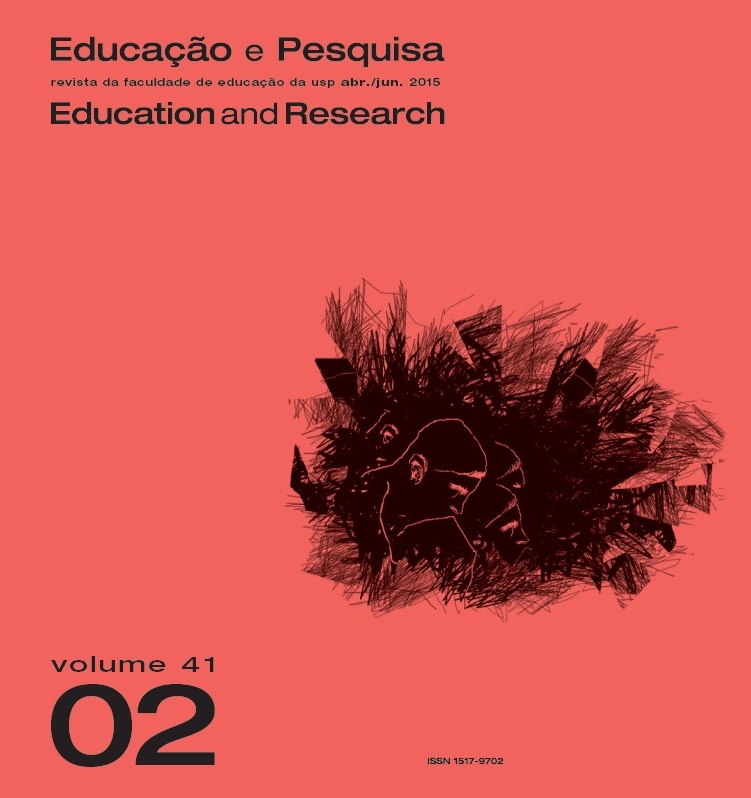Identidade nacional na Boêmia do século XV e a formação de uma paideia tcheca
DOI:
https://doi.org/10.1590/S1517-97022015041822Resumo
No presente artigo, buscamos analisar a formação de um ideal de tchequidade tendo como foco o século XV. Para tanto, apoiados na historiografia a respeito do final da Idade Média, refletimos primeiramente acerca da possibilidade do uso dos termos nação e correlatos para referenciar-nos a esse período, mostrando como a associação entre os termos língua e nação é lembrada por pesquisadores. Na sequência, mostramos como essa associação ajuda a compreendermos o caso da nacionalização da Universidade de Praga, a partir do Decreto de Kutná Hora de 1409, acordado entre o rei Václav IV e a nação tcheca da universidade, visando a torná-la preponderante sobre as outras nações. Após a descrição do hussitismo e das guerras religiosas que se espalharam pelas terras históricas tchecas no início do século XV, refletimos a respeito da importância desse momento histórico para a formação de um ideal de nacionalidade tcheca, transmitido na forma de uma herança coletiva e de um conteúdo a ser ensinado às futuras gerações. Assim, tomamos de empréstimo o termo paideia para interpretar o ideal de tchequidade formado no período hussita e indicar seu alcance e futura apropriação por tchecos – desde a União dos Irmãos e Comenius a Tomáš Garrigue Masaryk, primeiro presidente da República Tchecoslováquia.Downloads
Os dados de download ainda não estão disponíveis.
Publicado
2015-06-01
Edição
Seção
Seção Artigos
Licença
A publicação do artigo em Educação e Pesquisa implica, automaticamente, por parte do(s) autor(es) a cessão integral e exclusiva dos direitos autorais da primeira edição para a revista, sem quaisquer honorários.
Após a primeira publicação, os autores têm autorização para assumir contratos adicionais, independentes da revista, para a divulgação do trabalho por outros meios (ex.: repositório institucional ou capítulo de livro), desde que citada a fonte completa, com as referências da mesma autoria e dos dados da publicação original.
As ideias e opiniões expressas no artigo são de exclusiva responsabilidade do autor, não refletindo, necessariamente, as opiniões da revista.
Como Citar
Identidade nacional na Boêmia do século XV e a formação de uma paideia tcheca . (2015). Educação E Pesquisa, 41(2), 309-324. https://doi.org/10.1590/S1517-97022015041822



